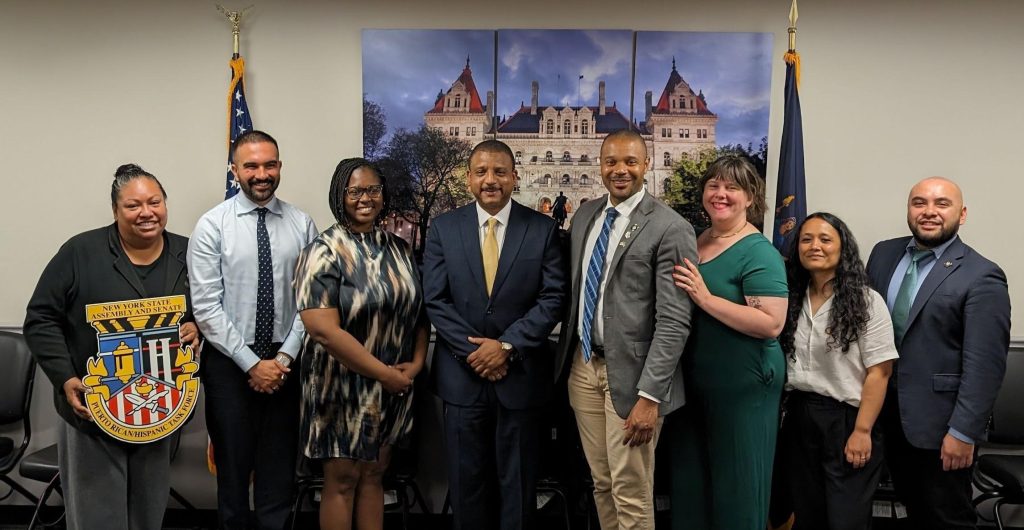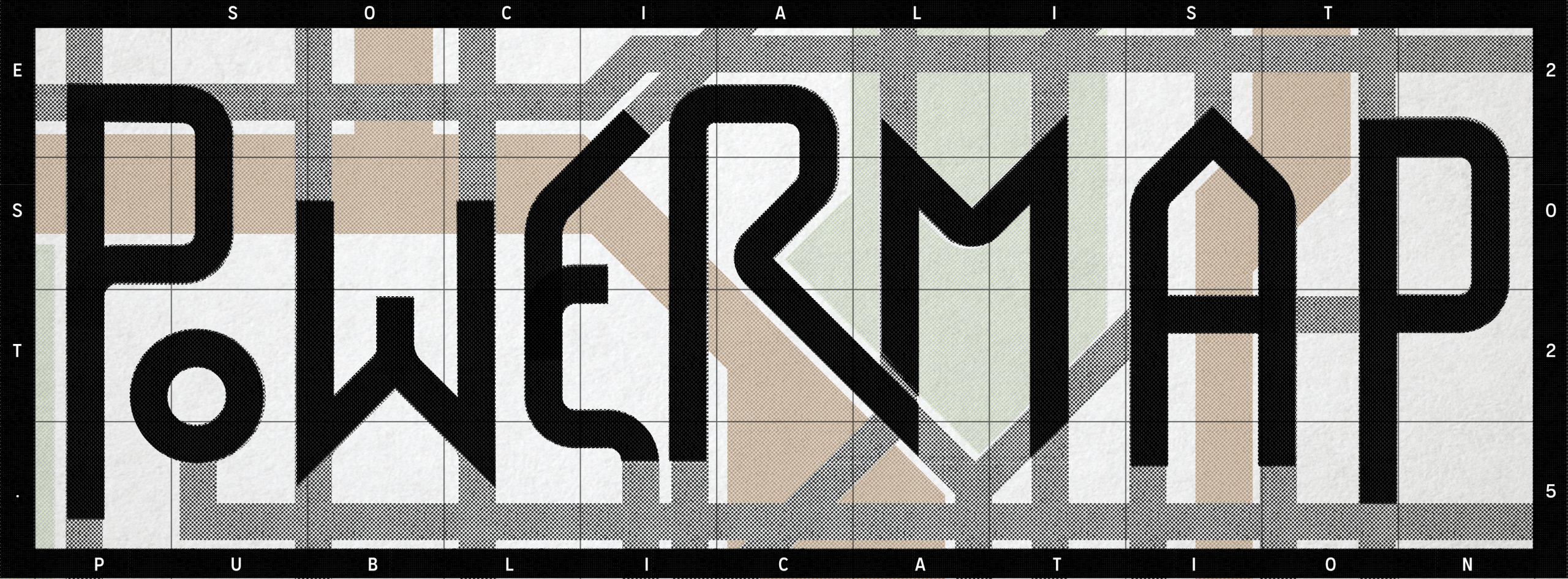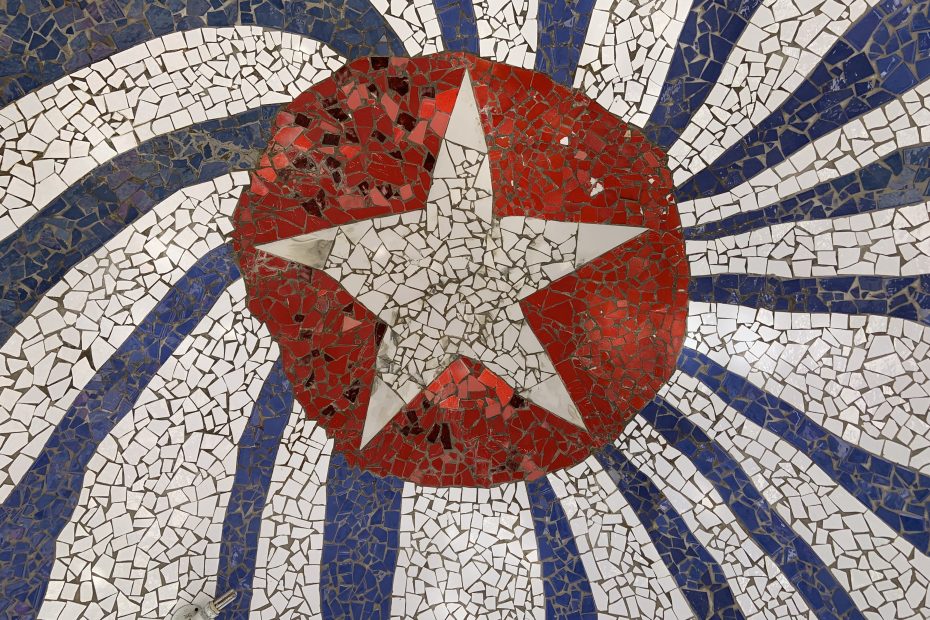When Zohran Mamdani sat down for an interview with Jorge Ramos, he was hit with a question everyone in the Cuba solidarity movement knows all too well: “Do you think [Cuban President] Miguel Díaz-Canel is a dictator?”
Ramos later explained the true motivation for the question, what he calls el bautizo de Miami, the Miami Baptism.
“When whoever arrives in Miami, immediately you ask, ‘Was Fidel a dictator? Is Raúl a dictator? Is Díaz-Canel a dictator? And then, in the case of Venezuela, it is exactly the same. Do you think Hugo Chávez was a dictator? Do you think Nicolás Maduro is a dictator? By asking that question, the community immediately positions you. You are either with us or against us.”
That phrase, the Miami Baptism, captures how conversations about Cuba are policed, not only in Miami but across American political life. Before you can talk about the blockade, sovereignty, healthcare, housing, or U.S. intervention, you must first pass a test: Do you condemn the Cuban government? Only after performing that ritual act of denunciation are you allowed to speak.
That’s exactly the trap Zohran Mamdani fell into as the first guest on Jorge Ramos’ new podcast. The hosts pressed him on whether he believed Cuba’s Miguel Díaz-Canel or Venezuela’s Nicolás Maduro were dictators. In the moment, Zohran gave a cautious answer but declined to use the word “dictator.” However, within a few days of the interview, no doubt in anticipation of the manufactured outrage that would surely follow, his campaign released a clarifying statement asserting that both leaders are dictators:
“I want to be clear on where I stand. I believe both Nicolas Maduro and Miguel Diaz-Canel are dictators. Their administrations have stifled free and fair elections, jailed political opponents, and suppressed the free and fair press. And yet, our federal government’s long history of punitive policies toward both countries, including extrajudicial killings of Venezuelans and the continuation of a decades-long blockade of Cuba, have only worsened these conditions. Democratic socialism is about dignity, justice and accountability. And above all, it’s about building a democracy that works for working people, not one that preys on them.”
It’s meaningful that Zohran acknowledged the U.S.’s role in creating the very conditions it condemns. You’ll be hard-pressed to find many politicians even willing to call the “embargo” what it is—a blockade. But the whole episode showed the question was never meant to spark debate; it was a question with no right answers.
Like what you read? Support our work by subscribing to our Patreon for free or as a supporter.
This ritual is not unique to Cuba. It runs through nearly every U.S. foreign policy debate. Whether the subject is Gaza, China, Venezuela, or Iran, there is always a precondition for entry into the conversation. You must first condemn Hamas, denounce Xi Jinping, oppose Maduro, insist you “stand with the Iranian people.” These are not analytical questions. They are loyalty tests that shrink the range of acceptable speech and make honest discussion about the realities of U.S. intervention impossible. The frustrating thing is that on Gaza, Mamdani stared down the question and didn’t flinch. On Cuba, he blinked.
As a first-generation Cuban American who grew up in Miami, I learned and internalized many of the same assumptions about Cuba that lay beneath Ramos’ “Miami Baptism” — that Cuba was a place of repression and scarcity, frozen in time, its suffering self-inflicted. But when I visited Cuba as part of a Democratic Socialists of America delegation in 2023, I did not find a country that fit neatly into categories of “dictatorship” or “democracy.”
When I visited Cuba as part of a Democratic Socialists of America delegation in 2023, I did not find a country that fit neatly into categories of “dictatorship” or “democracy.”
Cuba is, undeniably, a single-party state. No one outside the Communist Party apparatus holds much formal power. But it is also a country where, in 2019, a three-month nationwide debate helped shape a new constitution. That constitution reintroduced habeas corpus, set presidential term limits, banned discrimination, and enshrined both private property and the presumption of innocence. The government held over 133,000 community meetings where millions of citizens participated and submitted proposals for revisions. Citizens in each of Cuba’s 168 municipalities gathered to debate clauses, propose changes, and push Cuba’s National Assembly to amend the draft before it went to a referendum. The island went through a similar process to ratify its radically progressive Family Code in 2022, and is engaged in a similar process currently around reforming its Labor Code. Democracy in Cuba is participatory and municipalized, a different conception of democracy than those accepted by the Global North. That may not be satisfactory to critics and even to some Cubans, but it is a far cry from the system implied by calling Cuba a “dictatorship.”
That does not absolve the Cuban government of responsibility for repression. I do not excuse the arrests that followed the 2021 protests any more than I excuse the police violence that met protesters in Minneapolis or New York City. I believe Cuba needs to continue to reform and modernize it’s political system. But the fact that Cuba lives under constant siege, facing a superpower that spends billions to destabilize it, is a crucial part of why its politics operate the way they do. No understanding of post-revolution Cuba is complete without the context of the U.S. blockade.
That context is what the “dictatorship” question erases. Since 1959, the United States has waged an undeclared war on Cuba’s right to self-determination through invasions, assassinations, economic strangulation, and propaganda. It began almost immediately after the revolution’s victory, when Washington cut off sugar imports and oil supplies in an attempt to collapse the new government. The CIA trained and armed Cuban exiles for the failed Bay of Pigs invasion in 1961, then followed it with Operation Mongoose, a campaign of sabotage, bombing, and assassination attempts that stretched for years. Later came the embargo itself, formalized in the 1960s and expanded under every president since. Even during moments of supposed thaw, like under Carter and Obama, the machinery of economic warfare never stopped. The goal has always been the same: to make life on the island so unbearable that Cubans themselves will demand the Revolution’s end.
Wartime conditions rarely produce liberal democracies, but they do produce something else: a stubborn, defensive form of sovereignty. Cuba’s one-party system and its culture of vigilance were not born in a vacuum. They were forged in response to an external power that has spent six decades trying to starve, infiltrate, and overthrow it. The United States created the conditions that make Cuba less “democratic”, then points to those conditions as proof that Cuba is not free.
The United States created the conditions that make Cuba less “democratic”, then points to those conditions as proof that Cuba is not free.
The “dictatorship” question is designed to reinforce this narrative. This dynamic doesn’t only operate in the media or among right-wing exiles. It also reaches into our own movements. When a trusted comrade is put through the “Miami Baptism,” or any of the myriad of bad-faith denunciation rituals out there, the point is to divide us, to turn our energy inward. We do not have to take the bait. It is healthy for movements to approach our elected officials with skepticism. Accountability is part of what makes our politics stronger. But we also have to remember that endless cycles of clarification and moral posturing are not what build power. Statements are not the point; material action is.
For decades, the left in the United States has only had rhetoric to fall back on. We have not had elected socialists with the ability to materially act on our politics. Now that we do, our standards must evolve. The measure of a socialist in office is not how quickly they clear a rhetorical trap, but how they use their position to advance the movement’s demands in the real world. That is the work that matters. It is important to recognize when someone is being targeted in bad faith, as I believe Zohran was, and to know when to not let our opponents drive a wedge into our movement.
Zohran Mamdani has been and will continue to be an ally in the fight to end the blockade. As an Assemblymember in Albany, he met with diplomats from Cuba’s Permanent Mission to the United Nations and was one of the first signatories to a nationwide DSA letter urging President Biden to remove Cuba from the State Sponsors of Terrorism list. While his statement was frustrating and, in my opinion, unnecessary, Zohran understands the blockade’s devastating effects, and I believe that as mayor he will support efforts to bring it to an end.

Despite the immense hardships imposed by the blockade, Cuba has managed to build a society rooted in human well-being. With limited resources, it has provided universal healthcare and education—rights still denied to millions across the so-called “developed world.” What could Cuba accomplish if it were not economically cut off from the rest of the world? If it’s government were not forced to govern under siege?
Until that happens, asking whether Cuba is a dictatorship is not analysis — it is performance.


